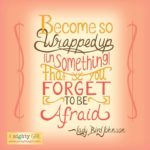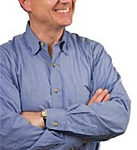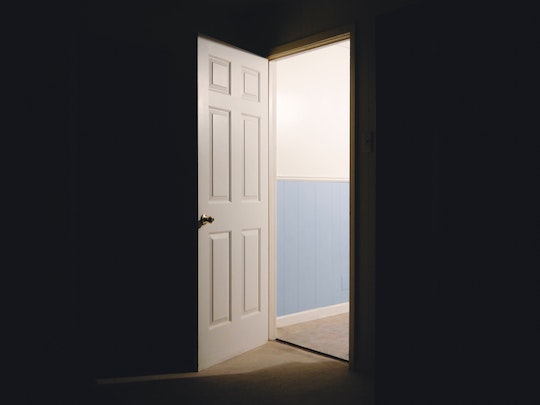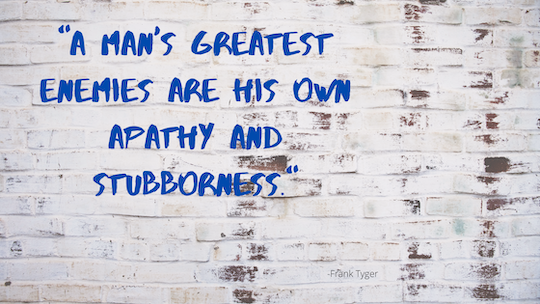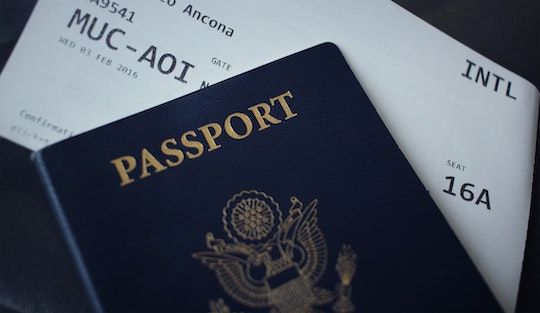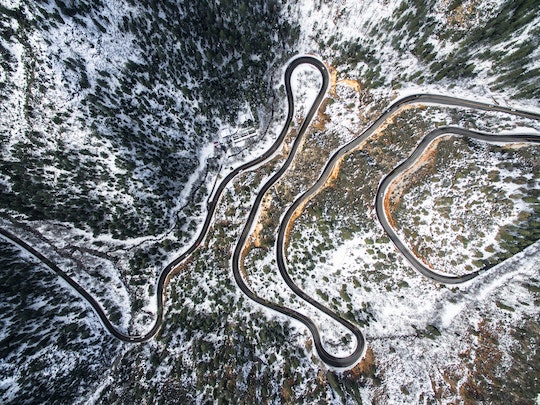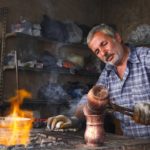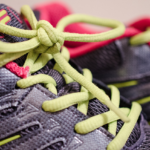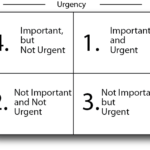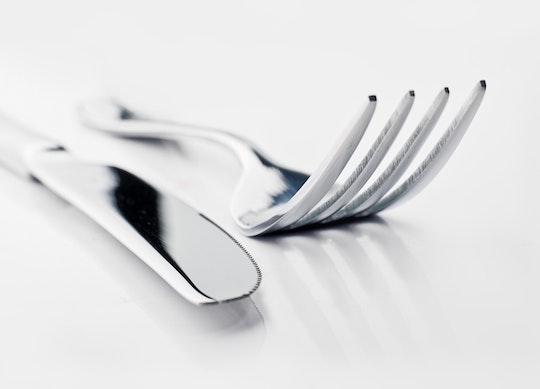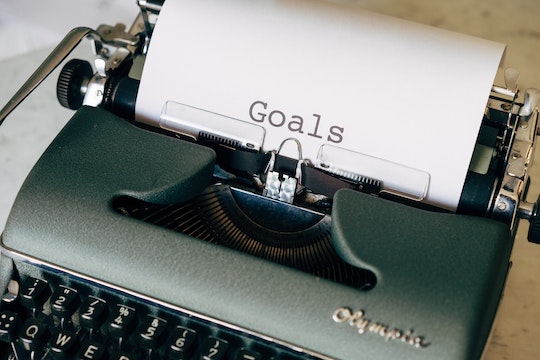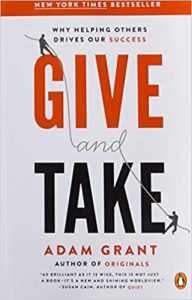“Everything you’ve ever wanted is on the other side of fear.”
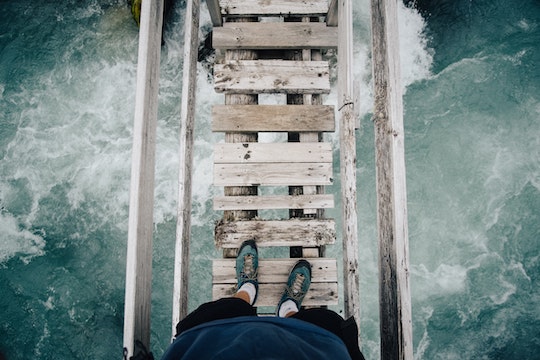
Image from Unsplash by Benjamin Davies
When have you faced your fears recently?
When have you faced a particular fear in the past?
What results did you produce, and how did getting to the other side feel?
What frightens you these days? Dig below your surface answers and keep asking yourself what else? What else?
How does this fear show up in your body and mind? Take note of these thoughts and feelings, because they are clues where you can summon the courage to break through these barriers in the future.
EXERCISE:
In what ways can you take on a few of your smaller fears today?
Where can you summon the support of others in your personal and professional communities to take on a few of the bigger ones?
What is there to gain on the other side?

